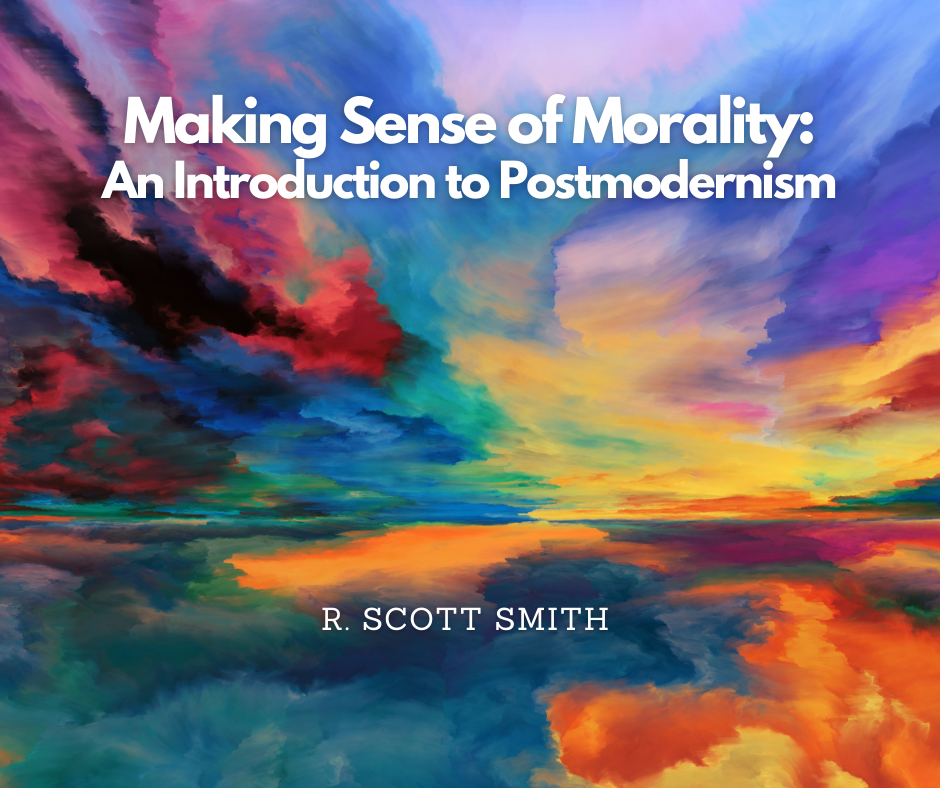Making Sense of Morality: Islamic Ethics
/Editor’s note: R. Scott Smith has graciously allowed us to republish his series, “Making Sense of Morality.” You can find the original post here.
A Spectrum of Views
In this period between the ancient Greeks and the Scientific Revolution, there also was the rise of Islamic ethics. In Islam’s “classical” period, several schools of thought developed, which cover an epistemological spectrum of how we know what is right. At one end were the rationalists, including Avicenna and Averroes. In their view, moral truths exist objectively, even apart from Allah. Reason can discover moral truths, which does not conflict with revelation.
Next along this spectrum were the Mutazalites. For them, too, morals exist objectively. We can know them from the Qur’an, the Traditions of Mohammed, or independent reason. Some thought we could know morals independently of revelation. Further, they reasoned that theistic voluntarism (morality is based solely on Allah’s will) could lead to some immoral conclusions.
In response, Sunni theologians (or traditionalists) held the sovereignty of Allah as their supreme principle. They disputed the Mutazalites’ view that there are objectively real moral principles that even Allah follows. Such truths would exist independently of Allah’s sovereign will. In effect, independent reason limited Allah’s power, and objective morals had to be rejected. For Ashari, morals are what Allah commands, which ultimately we know only from revelation.
For traditionalists, ethics is one of action (doing Allah’s will). While there has been room for virtue in Islamic ethics, for traditionalists, virtues are not ends in themselves. Instead, the beginning of Islamic ethics is submission, and the end is obedience. Since the traditionalist view realizes both the fundamental point of Allah’s omnipotence, as well as revelation as the basis for knowing what is right, it is easy to see how this view came to dominate.
So, can the traditionalist view preserve these core morals? Yes, but only if Allah so wills that they are valid. But, there are no limits on Allah’s sovereignty, as is the case with the Judeo-Christian God’s character, so conceivably Allah could will they are invalid, and we would have no basis for complaint.
For Further Reading
George F. Hourani, Reason and Tradition in Islamic Ethics
R. Scott Smith, In Search of Moral Knowledge, ch. 3
R. Scott Smith is a Christian philosopher and apologist, with special interests in ethics, knowledge, and seeing the body of Christ live in the fullness of the Spirit and truth.





















